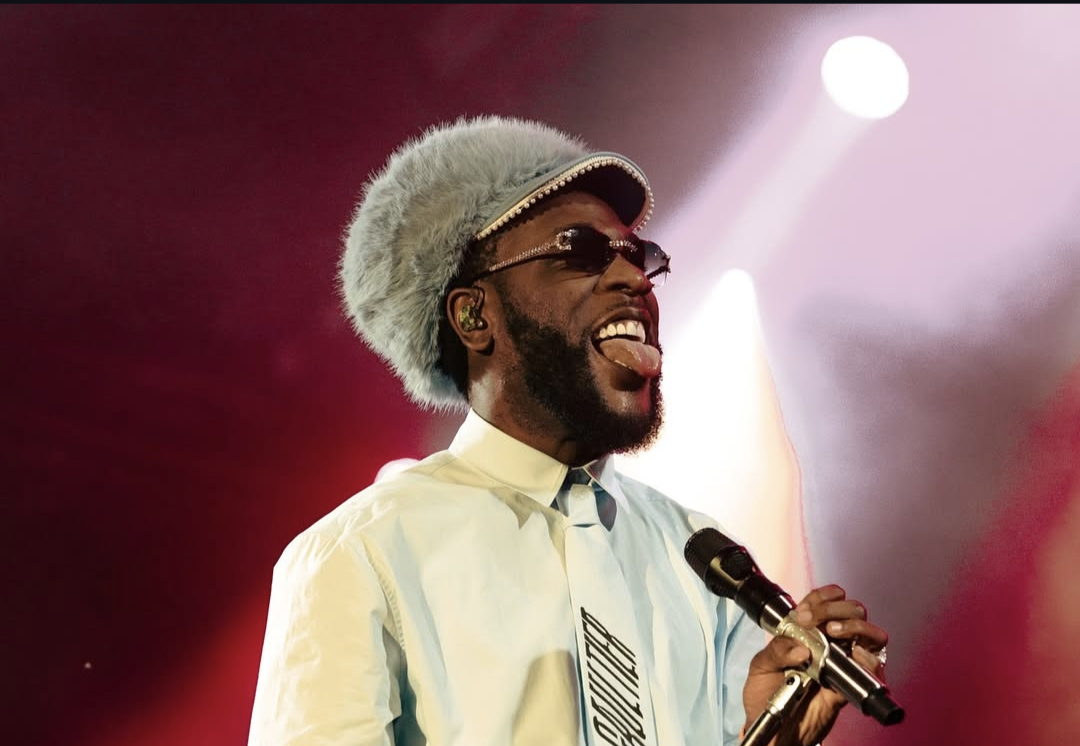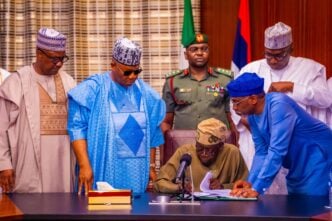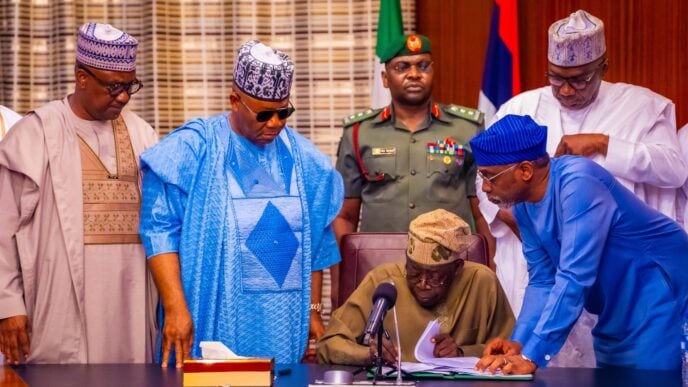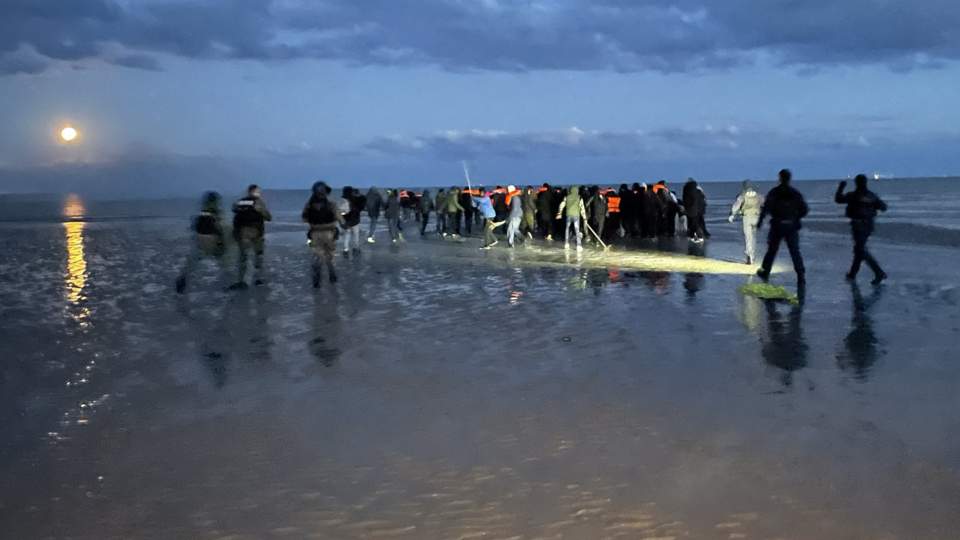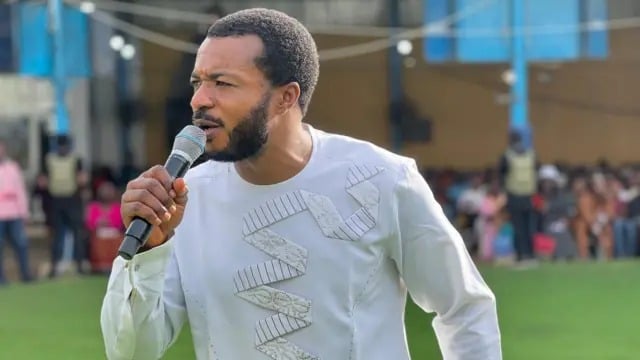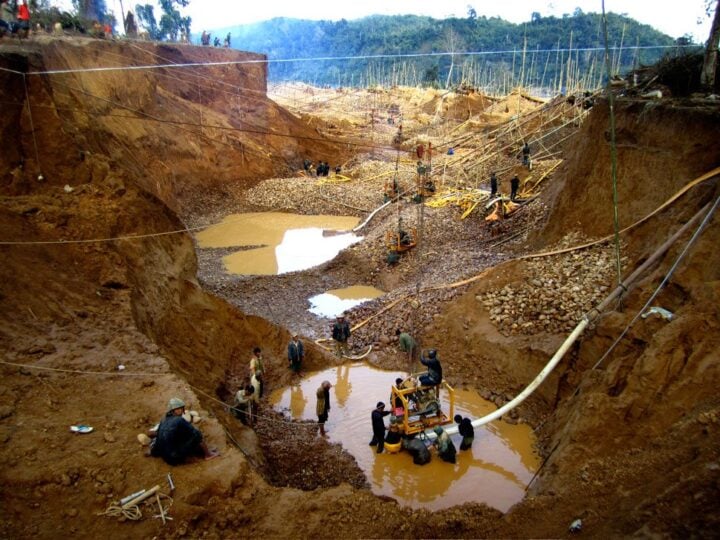BY DANIEL NKANGA
Nigerian singer Burna Boy recently issued a public apology over his controversial remarks on Afrobeats. In 2023, he sparked widespread outrage by claiming the genre lacks lyrical substance and by distancing himself from it altogether. Now, in a BBC interview with Eddie Kadi, he says he didn’t understand the need for Afrobeats as an “umbrella” for African artists and is sorry for his earlier stance. But let’s be honest—this apology is not about artistic clarity or cultural growth. It is a calculated move, designed to reposition himself within a global market that now sees Afrobeats as the ticket to crossover success.
Burna Boy did not apologise for calling Afrobeats shallow. He only apologised for rejecting the genre label. That’s not remorse—it’s rebranding. The most dangerous part of his statement is the idea that Afrobeats is an umbrella for all African music. That is not just false—it is a cultural hijack. Let me say this clearly and unequivocally: Afrobeats is not an umbrella. Afrobeats is not a blanket term for all African music. Afrobeats is a genre—distinct, definable, and rooted firmly in the streets, studios, and soundscape of West Africa, particularly Nigeria and Ghana.
There is a growing effort, mainly from the West and from artists seeking international validation, to turn Afrobeats into some vague, pan-African category. This is wrong. African music is a continent-wide phenomenon made up of many genres: Amapiano, Highlife, Afrohouse, Gqom, Bongo Flava, Coupe-Decale, Soukous, and more. Each has its own structure, its own voice, its own purpose. To collapse all these unique genres into “Afrobeats” is a lazy, harmful oversimplification. And for Burna Boy to echo this narrative under the guise of unity is not just disappointing—it’s dangerous.
Advertisement
I respect Burna Boy’s achievements. But this statement is not coming from a place of leadership; it’s coming from strategic self-interest. Burna knows that global platforms like the Grammys and MTV now use “Afrobeats” to describe any music with African roots. He wants back in. But we must not reward confusion with applause. The truth must stand.
Afrobeats, as a genre, has sonic roots in Highlife, Fuji, West African Traditional/Cultural Music and influences from Dancehall and Hiphop. It developed into a unique sound around the late 2000s. It was popularly called “Naija music” before local artists began to coin it as “Afrobeats,” loosely referencing Fela’s Afrobeat while describing the modern, pop-leaning evolution. Songs like Ice Prince’s Oleku, 2Face’s Implication, Wizkid’s Don’t Dull, D’Banj’s Suddenly—these laid the sonic blueprint for what we now call Afrobeats. The name stuck not because it described all of Africa’s music, but because it defined a distinct genre from West Africa.
This is where I introduce what I’ve personally coined as “The South Africa Analogy.”
Advertisement
Let’s use geography to illustrate the absurdity of this umbrella logic. South Africa is a country in Southern Africa. Its name includes the region, but we don’t use “South Africa” to refer to all countries in Southern Africa. That would be ridiculous. Yet we’re told that because “Afrobeats” starts with “Afro,” it must mean all of Africa’s music. That’s not how naming works. “The South Africa Analogy” makes it plain: you can’t use a country’s name to describe an entire region—just like you can’t use ‘Afrobeats’ to describe all African music.”
A country named after a region doesn’t get to speak for the entire region—just as a genre named Afrobeats doesn’t speak for an entire continent’s music.
Afrobeats became the dominant name because Nigeria and Ghana were at the forefront of the genre’s global push—not because it represents an entire continent’s output. And let’s be honest: Ice Prince calling Oleku Afrobeats to promote it abroad doesn’t magically make it a continental sound. It was a Nigerian song with a Nigerian rhythm, just like most of what Burna Boy built his career on.
What Burna Boy is doing now is aligning with Western misconceptions instead of correcting them. By accepting the false narrative that Afrobeats should be an umbrella, he is helping those who have no business defining our music in the first place. He’s not fixing the confusion—he’s deepening it. And in doing so, he’s betraying the genre that birthed him.
Advertisement
This is exactly what legendary producer ID Cabasa warned against. He said we are already losing our identity in Afrobeats. He noted that the West is now mimicking Afrobeats while we are chasing after R&B and foreign styles. In one of his most biting remarks, he said: “It’s like Mungo Park saying he discovered the River Niger—when there were already people there fishing.” That is the perfect analogy for this moment. The world is trying to rename what we already own.
ID Cabasa went further to challenge the revisionist claims made by Akon, who has suggested in interviews that he helped “create” Afrobeats. Cabasa clarified that Akon’s involvement was primarily in distribution and branding, not in the formation of the genre itself. Let’s be clear: Akon did not create Afrobeats. His contributions were commercial—not foundational.
Afrobeats is a genre. A genre with a sound. A genre with structure. A genre with boundaries. And when we allow the West—or our own biggest stars—to redefine it as anything else, we are handing over the pen to someone else to write our story. That is unacceptable.
I’ll admit—early Afrobeats pioneers like Wizkid and Ice Prince may have blurred the lines, allowing the genre to be misbranded as a catch-all for African music just to break new grounds and for commercial purposes. It was a survival move, not a definition. They wanted to break into new territories. That’s understandable. But what we did out of survival cannot become our legacy. What we did to open doors must not become the story that closes ours. Survival is not legacy. We must now correct the record, loudly, clearly, with conviction, without compromise and on our own terms.
Advertisement
So to the Grammys, MTV, and every Western media outlet still confused: hear this from me, Soundfreak, speaking loud and clear from Nigeria—the birthplace of Afrobeats. Afrobeats is a genre, not a placeholder. It is West African, not continental. It is precise, not vague. You don’t get to decide what it is because you added it to your award shows. We will tell you what Afrobeats is. And we will protect it.
To Burna Boy: your apology is noted, but it changes nothing. You are dead wrong on this. Afrobeats does not need to stretch itself thin to carry every artist from the continent. What we need is accuracy. What we need is pride in our genres—not convenience. If you want to make Afrofusion, do so. But don’t tell us Afrobeats must become a bag to carry everyone’s sound. That’s not evolution. That’s erasure.
Advertisement
I stand by every word I’ve spoken and written on this subject. I have studied, lived, and contributed to this genre. I’ve pushed it through radio, writing, YouTube, and syndicated shows across Africa. I am the Afrobeats Ambassador—not by name, but by action. And from my desk here in Nigeria, I say once again: Afrobeats is not an umbrella. It is a genre. And we will not let anyone—no matter how big—tell us otherwise.
Daniel Nkanga(Soundfreak) is a cultural commentator & Afrobeats ambassador
Advertisement
Views expressed by contributors are strictly personal and not of TheCable.
